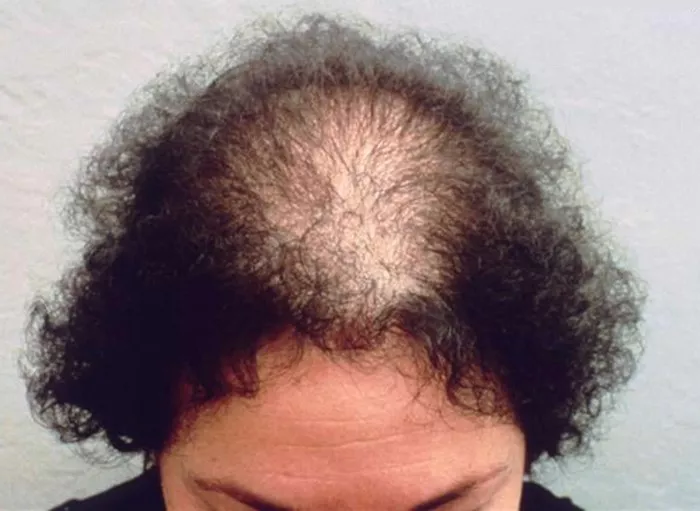Hair loss is a common concern that affects millions of people worldwide. While several factors contribute to hair loss, one often overlooked aspect is the role of red blood cells in maintaining hair health. This article delves into the intricate connection between low red blood cell count, or anemia, and hair loss.
Understanding Red Blood Cells:
Red blood cells (RBCs) play a crucial role in transporting oxygen from the lungs to various tissues and organs throughout the body. Hemoglobin, a protein within RBCs, binds with oxygen, ensuring its delivery to cells for energy production. When the body experiences a decline in red blood cells, it can result in a condition known as anemia.
The Impact of Anemia on Hair Follicles:
Hair follicles, responsible for hair growth, are highly sensitive to changes in the body’s oxygen levels. Anemia leads to reduced oxygen supply to the scalp and hair follicles, impeding their optimal function. This oxygen deprivation hampers the normal growth cycle of hair, leading to weaker and thinner strands.
Anemia Types and Hair Loss:
Different types of anemia can contribute to hair loss. Iron-deficiency anemia is particularly noteworthy, as iron is a vital component of hemoglobin. Without sufficient iron, the body struggles to produce an adequate number of healthy red blood cells, directly impacting oxygen transport and, subsequently, hair health.
The Hair Growth Cycle:
To understand how low red blood cells can cause hair loss, it’s crucial to grasp the hair growth cycle. Hair goes through three phases: anagen (growth), catagen (transitional), and telogen (resting). Anemia disrupts this cycle by prolonging the telogen phase, leading to increased shedding and decreased hair thickness.
Symptoms of Anemia-Induced Hair Loss:
Recognizing the signs of anemia-related hair loss is essential for early intervention. Individuals experiencing fatigue, pale skin, shortness of breath, and cold extremities, in addition to hair thinning, should consider consulting a healthcare professional for a comprehensive assessment.
Treatment Approaches:
Addressing anemia is key to combating hair loss associated with low red blood cell count. Healthcare providers may recommend iron supplements, dietary changes, or other interventions to boost iron levels and promote red blood cell production. It is essential to follow medical advice to correct the underlying cause of anemia.
Dietary Factors and Iron Absorption:
Consuming a balanced diet rich in iron is vital for preventing anemia. Iron from plant-based sources, such as spinach, lentils, and fortified cereals, may be less readily absorbed than iron from animal products like red meat. Combining iron-rich foods with vitamin C sources enhances iron absorption, providing a comprehensive approach to addressing anemia.
The Role of Vitamin B12:
In addition to iron, vitamin B12 is crucial for red blood cell formation. A deficiency in vitamin B12 can also contribute to anemia and subsequent hair loss. Foods like fish, meat, dairy products, and fortified cereals are excellent sources of vitamin B12, and supplementation may be recommended for those with deficiencies.
Consulting a Healthcare Professional:
Individuals experiencing persistent hair loss or suspecting anemia should seek guidance from a healthcare professional. A thorough examination, including blood tests to assess red blood cell count and iron levels, will aid in determining the root cause of hair loss and guide an appropriate treatment plan.
See Also: Excessive Caffeine Consumption and Hair Loss: Does It Matter?
Conclusion:
In the pursuit of understanding the myriad factors contributing to hair loss, the connection between low red blood cell count and anemia cannot be overlooked. Recognizing the symptoms, addressing dietary deficiencies, and seeking professional medical advice are essential steps in managing anemia-induced hair loss. By restoring red blood cell health, individuals can potentially regain hair vitality and thwart the progression of hair thinning. Prioritizing overall health, including proper nutrition and regular medical check-ups, is fundamental for maintaining a lustrous and healthy head of hair.


